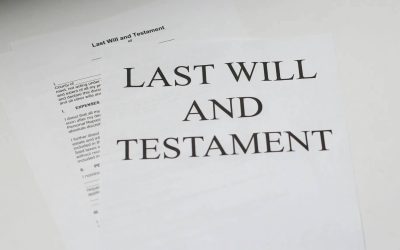Is it possible to retire in Portugal tax-free? Historically, Portugal’s Non-Habitual Resident (NHR) tax regime offered significant tax advantages, making expat retirement in Portugal particularly appealing, first through non-taxation of pension income and then with a 10% flat tax on said income. However, recent changes have altered the landscape.
In this guide, we’ll explore the current tax implications for retirees in Portugal, especially those considering Madeira, and how Madeira Corporate Services can assist in navigating these complexities.
Understanding the Tax Landscape for Retirees in Portugal
The End of the NHR Regime
Portugal’s NHR regime, introduced in 2009, provided a 10-year tax break for foreign residents, including exemptions or reduced rates on foreign income such as pensions. However, as of 2024, the Portuguese government has phased out the NHR program for new applicants, citing concerns over housing affordability and economic equity.
Current Taxation for Retirees
With the NHR regime no longer available to new applicants, retirees are subject to Portugal’s standard tax rules:
- Worldwide Income Taxation: Residents are taxed on their global income, including pensions, at progressive rates ranging from 14.5% to 48%.
- Double Taxation Agreements (DTAs): Portugal has DTAs with numerous countries, which can help prevent the same income from being taxed twice. However, the specifics depend on the agreement between Portugal and the retiree’s home country.
- Social Security Benefits: U.S. Social Security benefits, previously exempt under the NHR, may now be subject to Portuguese taxation, depending on the DTA provisions.
Is Tax-Free Retirement Still Possible?
While the blanket tax exemptions of the NHR are no longer accessible to new retirees, specific strategies can help minimise tax liabilities:
- Utilising DTAs: Understanding and applying the provisions of DTAs between Portugal and your home country can reduce or eliminate double taxation.
- Strategic Financial Planning: If the correct jurisdictions are used, structuring income sources, such as drawing from tax-efficient investment vehicles, can lower taxable income.
- Residency: Spending fewer than 183 days in Portugal annually may classify you as a non-resident. This may alter your tax reporting obligations and liability towards the Portuguese Tax and Customs Authority.
How Madeira Corporate Services Can Assist
- Personalised Tax Consultation: Assessing your unique financial situation to develop tax-efficient strategies.
- Legal Coordination: Connecting you with licensed Portuguese tax lawyers and certified public accountants with international experience in property, estate planning, and more matters.
- Administrative Support: Applying for residency, acquiring NIF for you (and your family), interacting with the Portuguese Tax and Customs Authority.
- Ongoing Monitoring and Tax Compliance: Updating you on Portuguese and European tax law changes, ensuring continued compliance and best practices.
Retire in Portugal Tax Free: Conclusion
To retire in Portugal tax-free is no longer possible under the current laws. However, with informed and professional planning and assistance, it’s likely to optimise your tax situation. Our team of internationally experienced professionals at Madeira Corporate Services is dedicated to helping expats make the most of their retirement in Portugal, ensuring peace of mind and financial efficiency.
The founding of Madeira Corporate Services dates back to 1996. MCS started as a corporate service provider in the Madeira International Business Center and rapidly became a leading management company… Read more




